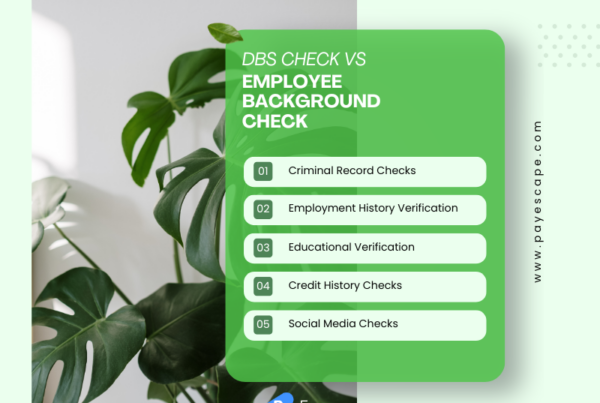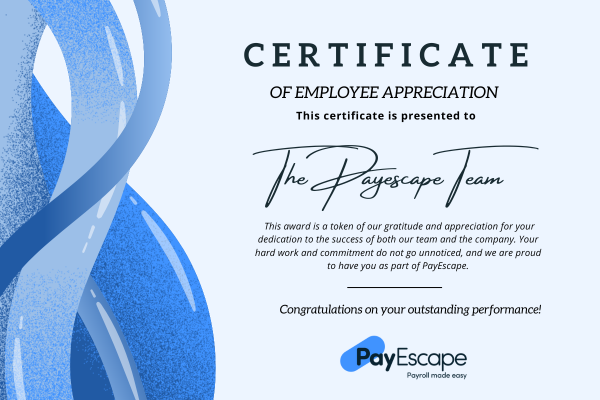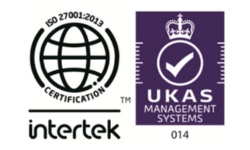UK Updates HR

Following a decisive general election win, the Labour Party has returned to power after 14 years, pledging “the biggest upgrade to workers’ rights in a generation.” On 5 July, new Prime Minister Keir Starmer delivered a speech outside Downing Street, emphasising the need for “a bigger reset” and a rediscovery of the nation’s identity, highlighting the UK’s resilience in navigating towards stability.
New legislation has expanded rights for employees around flexible working, paid and unpaid leave, and protection from redundancy during parental leave.
These changes have been in effect since 6 April 2024, these changes apply to England, Scotland and Wales. Northern Ireland is not included.
Changes to flexible working
Employees can now make two rather than one request a year for flexible working, and the deadline for employers to respond to requests has been reduced from three to two months.
Employers will also have to explain the reasons for denying any request, and employees no longer have to explain the impact of their request.
However, the list of reasons employers can use to deny requests remains the same, including factors such as cost to the business or impact on quality, performance or ability to meet customer demand.
These changes were made through the Employment Rights (Flexible Working) Act 2023. Through a separate piece of secondary legislation, employees will also be able to make such requests from their first day of employment, without having to wait the 26-week qualifying period.
Carer’s leave
Employees are now entitled to take one week of unpaid leave a year if they have caring responsibilities.
This applies to any employees who are caring for a spouse, civil partner, child, parent or other dependant who needs care because of a disability, old age or any illness or injury likely to require at least three months of care.
The leave entitlement is available from the first day of employment with no qualifying period.
This entitlement was created by the Carer’s Leave Act 2023 and the associated Carer’s Leave Regulations 2024. For more information about this legislation, see the Library briefing on the Carer’s Leave Bill 2022-23.
Increased protection against redundancy for pregnant employees
Employees taking certain types of parental leave now have protection from redundancy for at least 18 months. This protection means that if their role is made redundant their employer must give them first refusal of any other vacancies; however, they can still be made redundant if no appropriate vacancy is available. Previously, employees only had this protection during their period of maternity, adoption or shared parental leave.
Protection now begins on the day the employer is first notified of the employee’s pregnancy and ends 18 months after the date of the child’s birth. These protections also now extend to 18 months after the date of adoption for parents taking adoption leave or 18 months after the child’s birth in cases where a parent is taking at least six weeks of shared parental leave.
These changes were made by the Protection from Redundancy (Pregnancy and Family Leave) Act 2023, and the Maternity Leave, Adoption Leave and Shared Parental Leave (Amendment) Regulations 2024.
More flexibility for paternity leave

Employees taking statutory paternity leave (and pay, if they are eligible) can now split their two weeks’ entitlement into two separate one-week blocks, rather than having to take them both together. They can also take their two weeks at any time within the first year after their child’s birth, rather than within only the first eight weeks after birth as previously required.
Employees now have to give employers 28 days’ notice for each week of leave, down from 15-weeks’ notice previously, before taking leave. However, they still need to give notice of their upcoming entitlement 15 weeks before the expected date of birth.
These changes were made by the Paternity Leave (Amendment) Regulations 2024.
Changes coming later in 2024
Other changes are expected to come into force later in 2024:
- A new law and code of practice on how employers must distribute tips and service charges to their workforce. The Government expects this to come into force from July 2024.
- A new code of practice on dismissal and re-engagement (‘fire and rehire’). For more information on this issue see the Library briefing on Fire and rehire practices. The Government expects the code will come into force by summer 2024.
- A new law creating a right to request more predictable working patterns for eligible workers. This is expected to come into force from around September 2024.
- A new law requiring employers to take reasonable steps to prevent sexual harassment of their employees. This will come into force from October 2024
HR Consultancy Services at Payescape is a full HR Support Service, we can give advice on all HR matters including:
- Employment Contracts
- Changes in legislation
- Creating and Updating Staff Handbooks
- Absence and Performance Management
- Maternity/Paternity Calculations and Communication
For further information or to arrange a free 30 min call with one of our HR Consultants please contact [email protected]
















